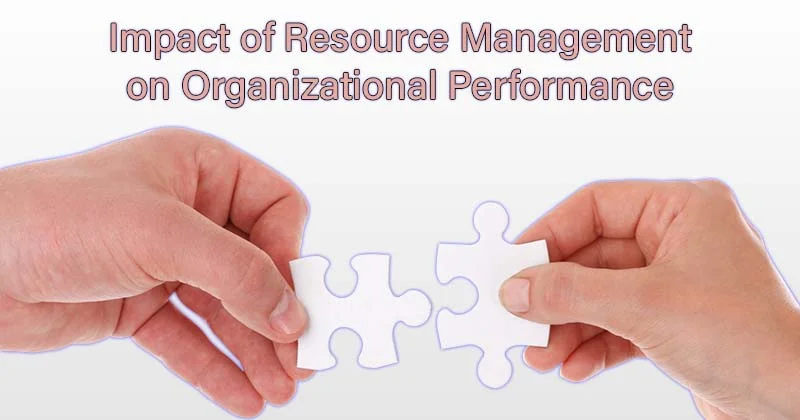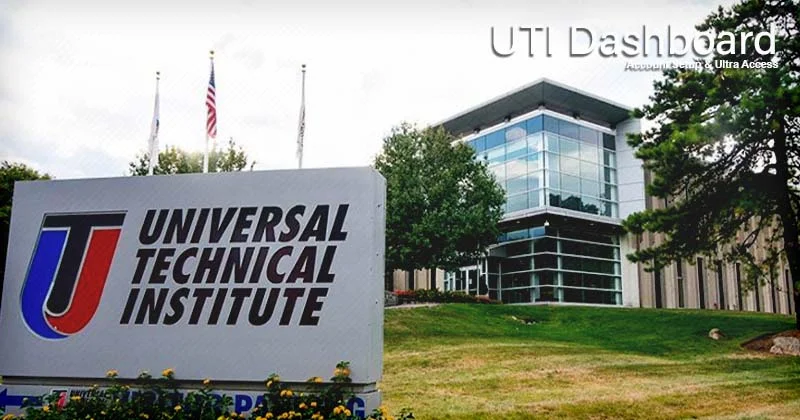Properly managing available resources is vital in maintaining and boosting performance and efficiency in every organization. Delving deeper into this concept and its effects is vital to optimizing business efficiency. Understanding this provides fresh insights that can foster growth for many organizations. Keep reading to understand more about resource management.
The Link Between Resource Management and Organizational Performance
Strategic resource management plays a pivotal role in enhancing an organization’s overall performance. Effectively allocating and utilizing resources is essential for achieving optimal productivity levels. The key lies in managing individual resources and ensuring their seamless integration to accomplish organizational objectives.
When resources are handled efficiently, businesses experience minimal wastage, resulting in increased organizational effectiveness. As a result, the organization is better positioned to deliver superior services or products to its clients, thereby boosting customer satisfaction and loyalty.
With the assistance of resource management, businesses are also empowered to make better strategic decisions. These are informed by correctly assessing resource status, availability and usage, leading to more informed decision-making processes.
In situations where resources are limited, effective management becomes increasingly invaluable. The judicious use of each resource, minimizing waste, becomes imperative for the success and survival of the organization.
Exploring the Notion of Resource Management
Resource management encompasses the adept and well-organized planning, scheduling, and allocation of a company’s tangible, financial and human assets. The primary goal is to ensure that these resources are optimally utilized to fulfill organizational objectives, all while minimizing costs and averting resource wastage.
A comprehensive grasp of resource management necessitates an understanding of the various resources that can be effectively handled. Common categories include human, financia, and physical resources among others.
Human resource management involves the efficient coordination and optimization of the contributions made by employees and other stakeholders toward achieving organizational goals. Financial resource management revolves around overseeing the allocation of funds across different areas of the organization to realize company objectives. Physical resources encompass tangible assets such as infrastructure, buildings, vehicles and equipment. The efficient management of each of these resources is crucial for the overall effectiveness of the organization.
Recognizing the significance of resource management is pivotal for maintaining a sustained competitive advantage and achieving superior performance in the business landscape.
Diverse Resources in Organizational Context and Their Management
Every organization operates with a intricate network of resources that demands efficient management. Each category of resources typically requires a distinct management approach, shaped by its unique characteristics and significance within the organizational framework.
The management of human resources encompasses a range of activities, from recruiting the right individuals and retaining talent to establishing appropriate salary structures and ensuring comprehensive training and development. These elements significantly contribute to the overall performance of the organization, exerting a substantial impact on both profitability and productivity.
Financial resource management is equally pivotal for the seamless functioning of business operations. It involves overseeing all monetary aspects of the organization and strategizing how financial assets can be optimized to maximize profits. Effective financial management enables companies to achieve more with fewer resources, enhancing profitability and establishing a solid financial foundation for the future.
Lastly, physical resource management entails the judicious use of tangible assets to bolster production and service delivery. It involves ensuring the maintenance of reported assets, optimizing resource utilization and extending the lifespan of assets—a critical aspect of organizational efficiency.
Conclusion
Undoubtedly, effective resource management plays a crucial role in elevating the performance and success of an organization. The future of resource management holds promise, with ongoing technological advancements presenting numerous opportunities for enhancement and progression. Businesses that embrace and leverage these trends are poised to secure a competitive position in the marketplace.
Other articles:



